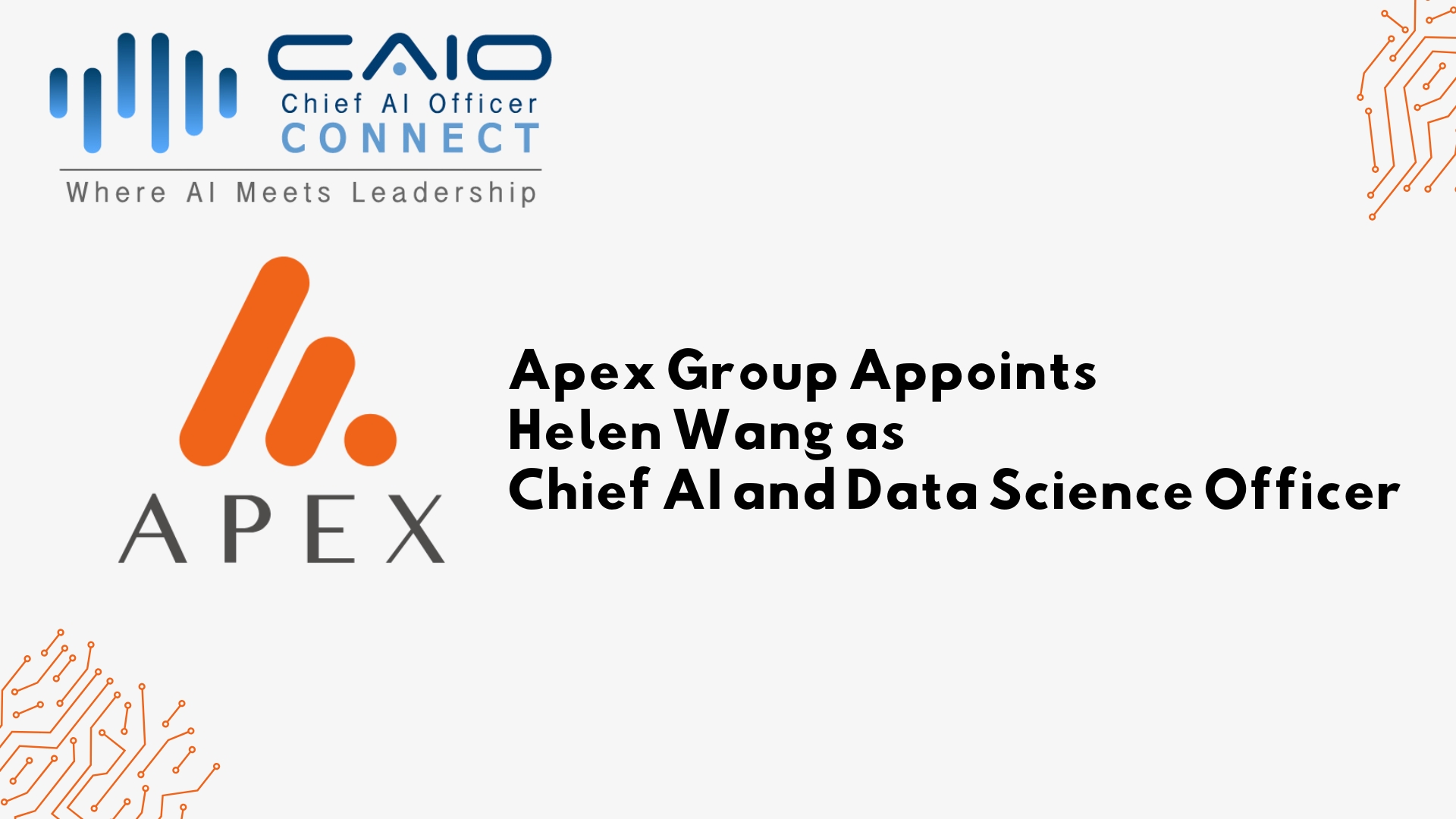Meta Doubles Down on AI Security with LlamaFirewall and Open-Source Defense Tools
As AI capabilities grow more advanced, so do the risks associated with misuse, exploitation, and unintended behavior. In response, Meta is taking proactive steps to secure the foundation of open-source AI with the release of a comprehensive set of tools aimed at developers, researchers, and defenders. At the heart of this rollout is the LlamaFirewall—a robust new framework designed to keep generative AI models safe, aligned, and resistant to manipulation.
This isn’t just a product launch—it’s a statement. Meta is signaling that the future of AI won’t just be about performance, but about protection.
LlamaFirewall: A Security Suite for the AI Age
LlamaFirewall is Meta’s answer to the growing demand for smarter, more secure AI infrastructure. It includes a suite of modular tools designed to detect vulnerabilities, prevent malicious behavior, and ensure responsible deployment.
Key components include:
- PromptGuard 2 – A system built to detect and block prompt injection attacks, where cleverly crafted inputs try to trick the AI into revealing harmful, inappropriate, or sensitive outputs.
- Agent Alignment Checks – These diagnostics help ensure that AI agents behave consistently with their intended goals, identifying when models drift from their expected tasks.
- CodeShield – A feature that scans AI-generated code for dangerous or insecure patterns, preventing unintentional security flaws before they reach users.
Together, these tools provide a layered, adaptive defense against a wide range of attack vectors—enabling developers to build AI products that are not only powerful, but also trustworthy.
Setting the Standard with CyberSecEval 4
To further strengthen the security ecosystem, Meta has also introduced CyberSecEval 4—a benchmarking toolkit to assess how well AI models perform under cybersecurity stress tests. Among its standout features is AutoPatchBench, a component that evaluates a model’s ability to detect and automatically repair software vulnerabilities.
By quantifying the strengths and weaknesses of an AI model’s cybersecurity posture, CyberSecEval 4 gives developers a practical way to measure progress and ensure consistent performance across platforms.
This focus on measurement reflects a broader industry shift: building great AI is no longer enough—building secure AI is the new baseline.
Empowering the Developer Community
Meta isn’t keeping these tools behind closed doors. Through its newly launched “Llama for Defenders” program, the company is providing open access, documentation, and resources for developers and security professionals who want to build responsibly.
This open-source approach is designed to democratize AI security, encouraging collaborative development and collective defense. It also aligns with Meta’s broader belief that open innovation must be matched with open safeguards.
A Step Forward in AI Accountability
With these new offerings, Meta is leaning into the responsibility that comes with leading in the AI space. LlamaFirewall and its companion tools mark a turning point—where the emphasis is not just on building smarter AI, but safer AI.
As threats evolve and AI adoption accelerates across sectors, building resilient systems from the ground up will define the next era of innovation. Meta’s approach is setting a new bar—where open-source meets secure-source.









